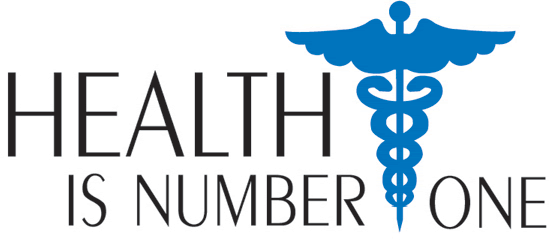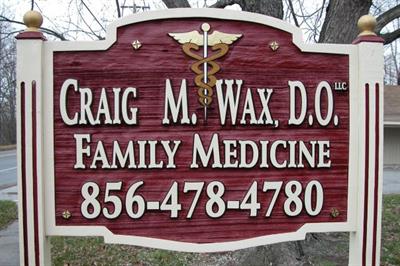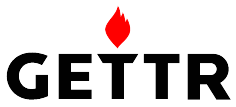Health Library ~ Family Medicine in Mullica Hill, NJAll Material copyright Craig M. Wax, DO unless otherwise denoted. Screening Your Newborn's Hearing - Advice Worth Listening To After an infant is born, most parents rightfully begin asking questions about their baby's health, including their newborn's ability to hear. This presents an important concern since hearing impairment is the most common birth defect in the United States. According to the National Center for Hearing Assessment and Management, problems with hearing affect three out of every 1,000 babies. While advances in science have made it easier to test infants' hearing, only 35 percent of newborns are born in hospitals with universal newborn hearing screening programs. "The issue of newborn hearing screenings is being debated all over the country, and many health care facilities are now looking to implement screening programs as a mandatory part of newborn care," says Craig M. Wax, D.O., an osteopathic family physician from Mullica Hill, NJ. To show its support of these screenings, the American Osteopathic Association, which represents over 47,000 osteopathic physicians, endorses the "Newborn Infant Hearing and Screening Intervention Act of 1999." This act provides up to three years of funds for state grants to develop infant screening programs. Today’s newborn hearing screenings are very effective, allowing parents to immediately know if a problem exists. Detecting a problem early enables the parent-physician team to search for solutions right away. "Hearing problems not only impede on a child’s ability to recognize sounds, but they can lead to speech, language, and learning impairments," explains Dr. Wax. "Spotting conditions early helps prevent the occurrence of future developmental problems." Most children who have hearing impairments are not diagnosed until they reach 30 months. This is unfortunate since crucial development takes place during this time. When babies are born, they begin responding to auditory stimulation by making connections with the brain. "These connections are essential for language development. If this does not happen within the first few months, language skills may never develop correctly, something a newborn hearing screening could easily prevent," stresses Dr. Wax. Not only have advances in medicine made newborn hearing screenings possible, but they have also made them cheaper. Screenings that once cost up to $600 now cost as low as $40, and are covered by most insurance carriers. Screenings are also painless and easy to perform. One of the most popular tests, evoked otoacoustics emissions (EOAE), measures sound waves generated in the inner ear in response to clicks emitted by miniature microphones placed in the ear canals of the infant. Since all devices are placed in the infant’s external ear canal, the process is harmless and non-invasive. Another method, known as auditory brainstem response (ABR), measures the electroencephalographic waves generated in response to clicks produced by three electrodes pasted to the infant’s scalp. Electroencephalographic waves represent currents in the brain that react to sound. Like EOAE, ABR is also harmless and noninvasive. It is important that parents discuss with their physician the screenings that are available, and which one is best for their child. "Raising happy and healthy children is a challenge," points out Dr. Wax. "Why not take advantage of the medical knowledge we have to prevent and predict future health problems including hearing loss?" |
|





